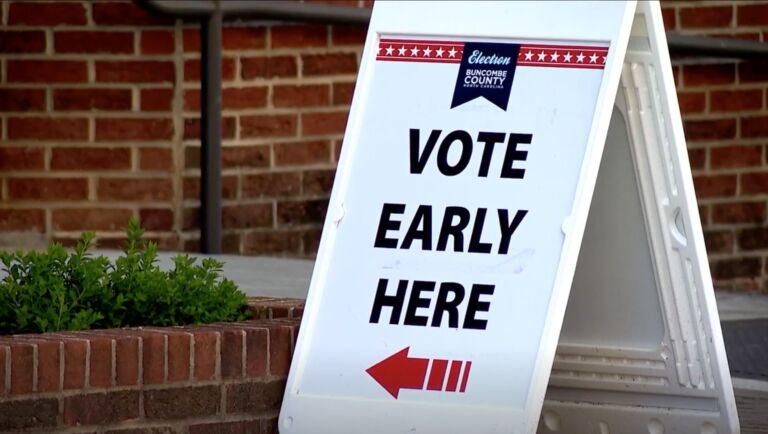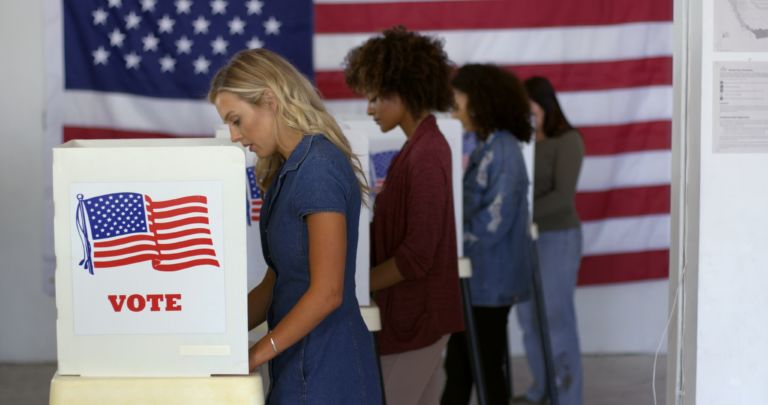Eric Felten writes for Real Clear Investigations about public concerns surrounding a recent electoral trend.
To question the legitimacy and fairness of recent U.S. elections is to be attacked as a probable “Russian asset” out to undermine democracy or, at best, a kook. But many voters notice something strange happening. Scholars who study elections have noticed a peculiar trend developing in the last couple of decades: Late-arriving and late-counted ballots skew Democrat blue. As Election Night drags on, the pace of Republican votes slows and in the wee hours Democratic votes gain momentum. Political scientists call it the Big Blue Shift.
In the contentious aftermath of the last presidential election, Deen Freelon, an associate professor at the University of North Carolina, dismissed the concerns of Trump voters as falling for the kinds of claims that “trade on people’s lack of familiarity with the vote-counting process.” He said, “Things that are perfectly normal and happen in every election may look like, to the uninitiated viewer, as something irregular or problematic.”
Does that argue for leaving such matters to experts, or should it call into question why perfectly normal voting practices look problematic? …
… The perception problem persists in new election laws, however well-intended, whether meant to expand the number of people voting or improve election security. Beyond being perceived by the respective opposing side as opportunities to game the next election, such measures can result in consequences as far reaching and worrisome as they are unintended.
A case in point was the Help America Vote Act, or HAVA, of 2002. … [A]nother provision has proved to be problematic – the requirement that people who show up to vote, but who are not on the official list of eligible voters registered for that jurisdiction, be allowed to cast “provisional ballots.” According to Foley and Stewart, those new rules have “systematically” benefited Democrats in the days after elections, what Foley and Stewart call “overtime.”


